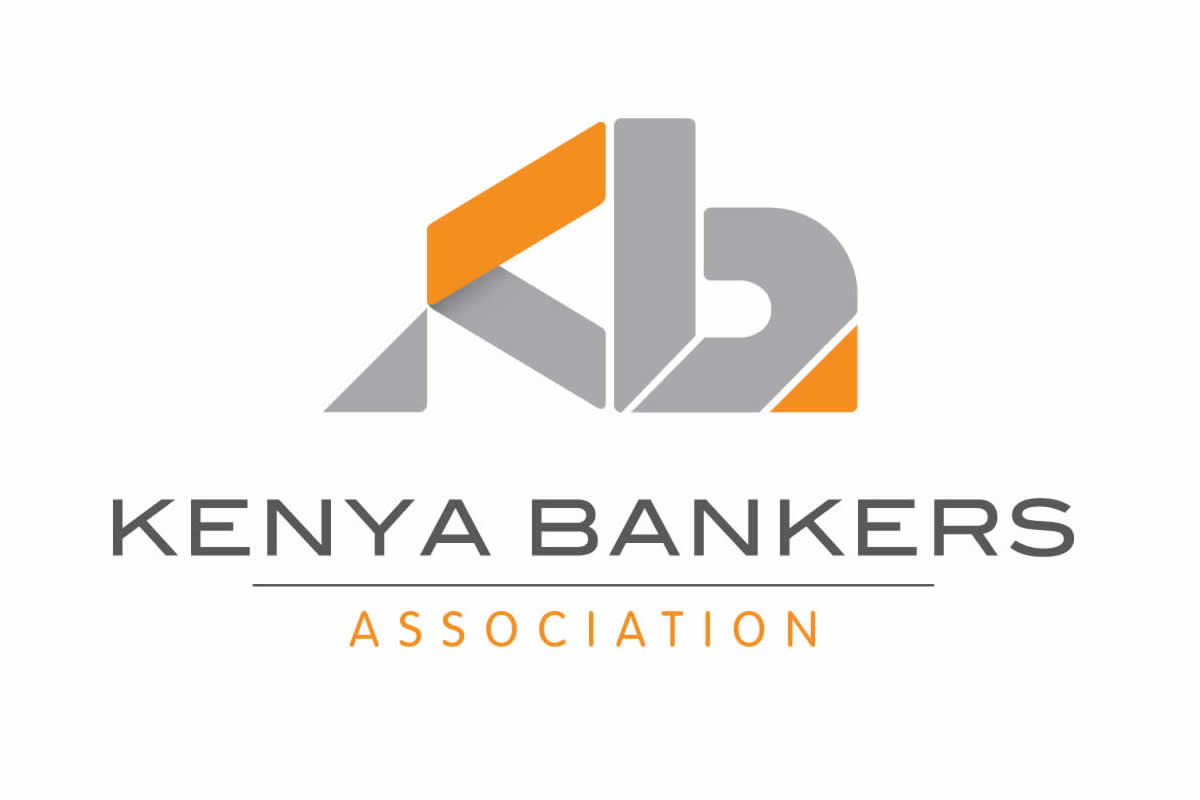Nairobi, March 22nd 2017 – Kenya Bankers Association, the banking industry umbrella body, has raised concerns regarding the impact of the Banking Amendment Act 2016 following findings of a nationwide Nielsen consumer study and bank survey undertaken by the Association. While the consumer study revealed there is a high level of familiarity with the Act with over 63 per cent of bank customers being happy with the price controls, over 47 per cent of the respondents are concerned that loans have become harder to access.
Additionally, in spite of the general view that the Act would stimulate borrowing in the micro sectors while promoting a savings culture, there has been very little impact on both borrowers and non-borrowers. A mere 12 per cent and 10 per cent of borrowers and non-borrowers, respectively, reported changes in their borrowing culture. And 13 per cent and 18 per cent of borrowers and non-borrowers, respectively, said the Act influenced them to change their saving habits.
According to KBA Chief Executive Habil Olaka these preliminary findings point to the concerns raised by the Association in August last year as the industry attempted to inform the legislation. “According to the consumer research, most banks customers are not necessarily borrowing or saving more because of the Act, which raises the question, is this Act helping or harming our economy?” he said.
On the bank side, the KBA research found that the credit slow down persisted with tighter credit conditions and portfolio realignment away from risky segments, including households and traders especially micro and small enterprises.
“The banking industry shares the Government’s goal to make affordable finance more accessible but the Act in its current form is not fit for purpose to deliver that goal and the initial findings from our research point to this fact,” said Mr. Olaka. “The Act has forced banks to turn households and traders away if it doesn’t make financial sense for them, which is why the industry must re-engage with Treasury, Central Bank and the legislature to address the deficiencies in the Act as it stands,” he said.
Slowdown in credit to the private sector has been worsened by the legislation, with disbursement of credit concentrated in four sectors, namely: Household; Trade; Manufacturing; and Building and Construction. However, in all these sectors, there was a dramatic decline following the enactment of the capping on loan and deposit rates. “This move away from micro borrowers and SMEs is a concern for us as this segment is where we see most impact in terms of employment creation and sustainable economic growth,” said Mr. Olaka.
In terms of capital market level effects, there has been significant drop both in total market capitalization and banks market capitalization. Market cap dropped from Ksh. 2.1 Trillion in 2016 to Ksh. 1.8 Trillion as of March 20th 2017. While the banks market cap dropped by 10.3 Per cent to Ksh. 520 Billion.
“Despite good intentions, evidence is showing that this Act is not only hurting banks and micro borrowers, its also adversely affecting the capital market and our pensions, eroding shareholders’ gains,” said Olaka. “A stable and healthy banking sector is critical for Kenya’s economic success. The stakeholders therefore must re-engage to work out a better solution for all.”
On 14 September 2016, the law capping the interest rates that commercial banks charge at four points above the Central Bank Rate (CBR) came into force. Under the same law, banks have to pay depositors at least 70 per cent of the CBR. The consumer study was undertaken by Nielsen Consumer Research on behalf of Kenya Bankers Association between January and February 2017. The survey respondents were 1,884 from 29 counties across the country. The bank survey was undertaken by the KBA Centre for Research on Financial Markets and Policy in March 2017.
RELATED DOCUMENTS:
 Speaking Notes Speaking Notes |
 Consumer Survey – Banking Amendment Act 2016 ver 22 March – Hilton Hotel Consumer Survey – Banking Amendment Act 2016 ver 22 March – Hilton Hotel |
 Interest Rates Capping – Intial Evidence of Effect Interest Rates Capping – Intial Evidence of Effect |
NOTE TO EDITORS:
About Kenya Bankers Association
KBA (www.kba.co.ke) was founded on 16th July 1962. Today, KBA is the financial sector’s leading advocacy group and banking industry umbrella body that represents total assets in excess of USD 37 billion. KBA has evolved and broadened its function to include advocacy on behalf of the banking industry, and championing financial sector development through strategic projects such as the launch of the industry’s first P2P digital payments platform PesaLink. In line with the Government’s policy on public-private partnerships, KBA and Central Bank of Kenya have implemented key projects such as modernization of the National Payments System through the Automated Clearing House, implementing the Real Time Gross Settlement System (RTGS), and the Kenya Credit Information Sharing Initiative which introduced the use of information collateral provided by credit reference bureaus to enhance credit access for borrowers. The KBA members are comprised of commercial banks and deposit taking microfinance banks.



